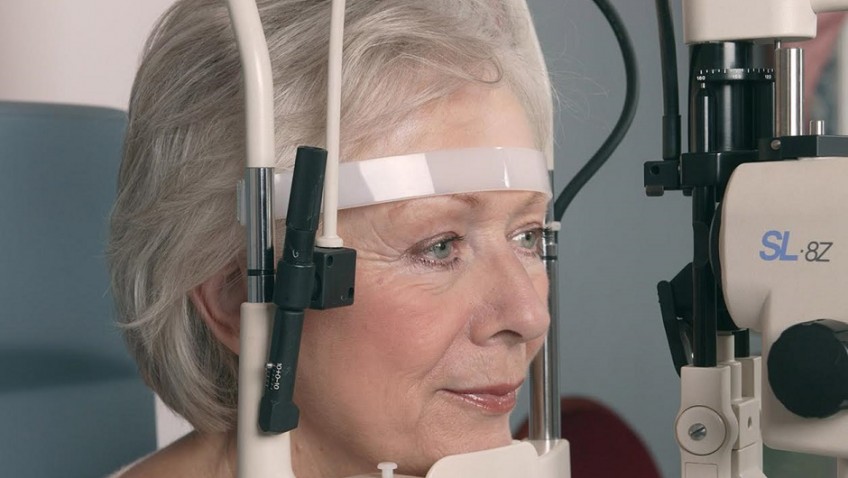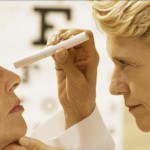The sixth annual National Eye Health Week (NEHW) will take place 21 – 27 September 2015. Once again, eye care charities, organisations and health professionals from across the UK are joining together to promote the importance of eye health and the need for regular sight tests for all.
Vision really matters. Sight is the sense people fear losing the most, yet many of us don’t know the best way to look after our eyes.
Ninety six percent of over 60s require some form of vision correction.
More than four million pensioners are missing out on vital sight tests every year. One in three who miss out on regular sight checks said the quality of their vision caused them to feel depressed and vulnerable.
A quarter of those surveyed said their vision restricts their daily routine.
National Eye Health Week aims to change all that
David Cartwright, Chair of National Eye Health Week said: “Sight is the sense people fear losing the most, yet many of us don’t know the best way to look after our eyes. This is why it is so important you get your eyes checked every two years even if you think your vision is fine as some eye conditions may not show symptoms. Go along to this event to find out more about how to look after your eyes or visit visionmatters.org.uk”.
Many people think that a sight test is just about checking whether your vision needs correcting with glasses or contact lenses. But there are other important reasons to have a regular sight test.
A sight test is a vital check on the health of the eyes and includes the detection of eye conditions. Many of these, if found early, can be treated successfully, avoiding potential sight loss.
A sight test can also detect other health conditions such as high blood pressure or diabetes.
Sight tests should be part of everyone’s healthcare routine just like going to the dentist.
Most people should have a sight test once every two years.
Certain groups may need a sight test more frequently. These include:
- People with a history of eye conditions in the family
- People over 40 of Afro-Caribbean or Asian origin
Diet
Studies show that what we eat can affect our vision. Antioxidants can help to prevent retinal damage. One anti-oxidant which is hugely beneficial is lutein.
Foods recommended for eye health include:
- Broad leaf greens such as kale and spinach
- Brightly coloured fruit and veg such as corn, carrots, orange sweet peppers and oranges
- Oily fish like salmon, tuna and mackerel
- Broccoli
- Eggs
Excercise
Lack of exercise contributes significantly to several eye conditions, particularly amongst people aged 60 and over. Exercise may reduce the risk of sight loss from narrowing or hardening of the arteries, high blood pressure and diabetes.
Alcohol
Excessive alcohol consumption can lead to serious health conditions which can have a detrimental effect on your eye health.
Smoking
After ageing, smoking is the biggest risk factor for developing macular degeneration.
Smoking also increases your risk of developing cataracts.
The sun
Protecting your eyes from the sun is very important and should not be underestimated. Under no circumstances should you ever look at the sun directly. Your sunglasses should have the CE mark on them which ensures that they are giving you the right level of ultraviolet protection.
NHS eye tests are free for people aged 60+ years, for children, for those on income related benefit, and those at risk of eye disease because of a family history.
Having a sight test with an optometrist at least once every two years should be part of everyone’s health care routine.
This National Eye Health Week – look after your eyes and make sure you book in for an eye test.





